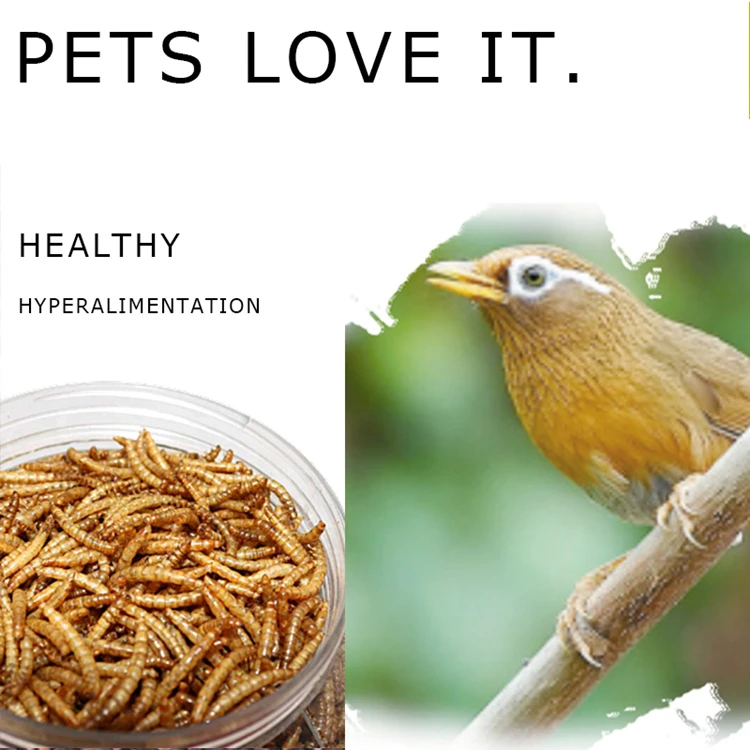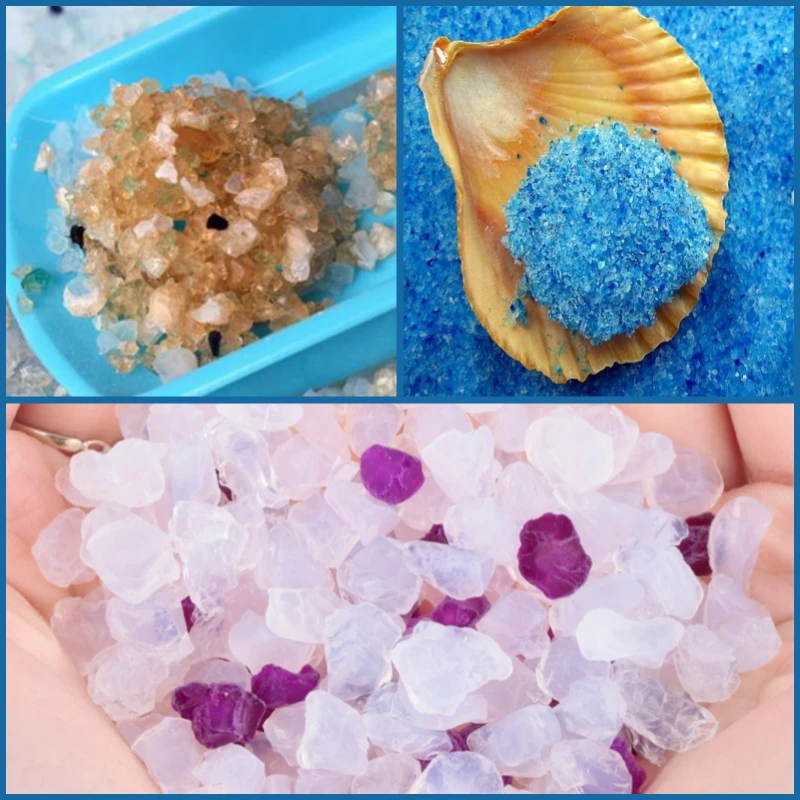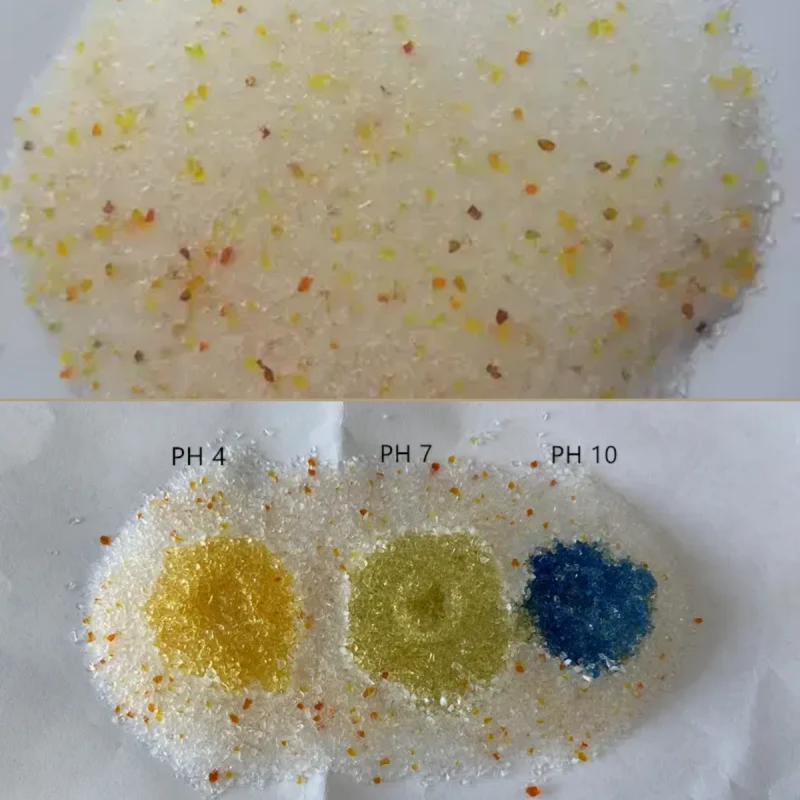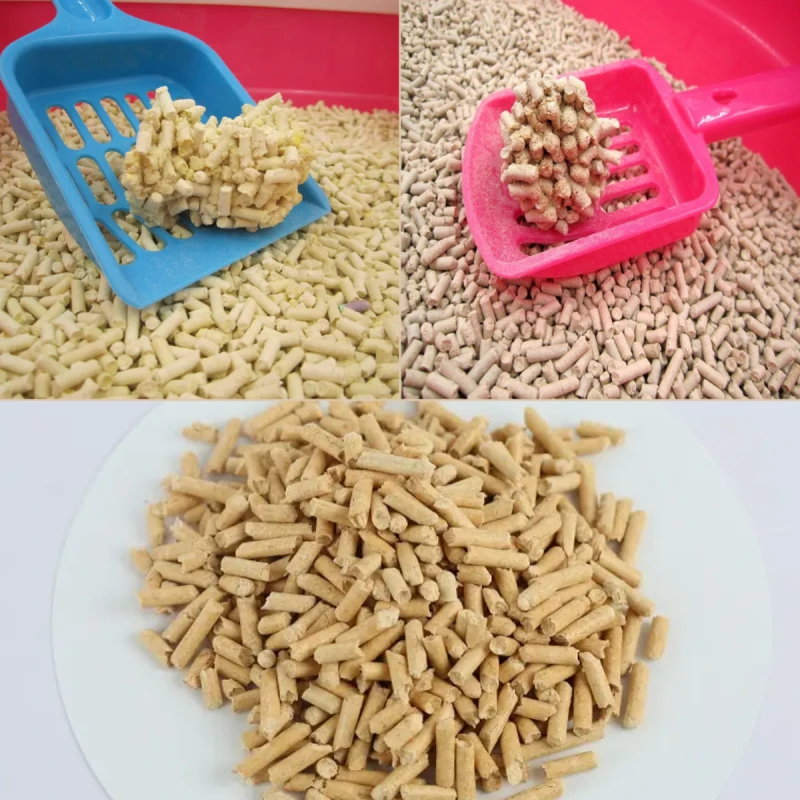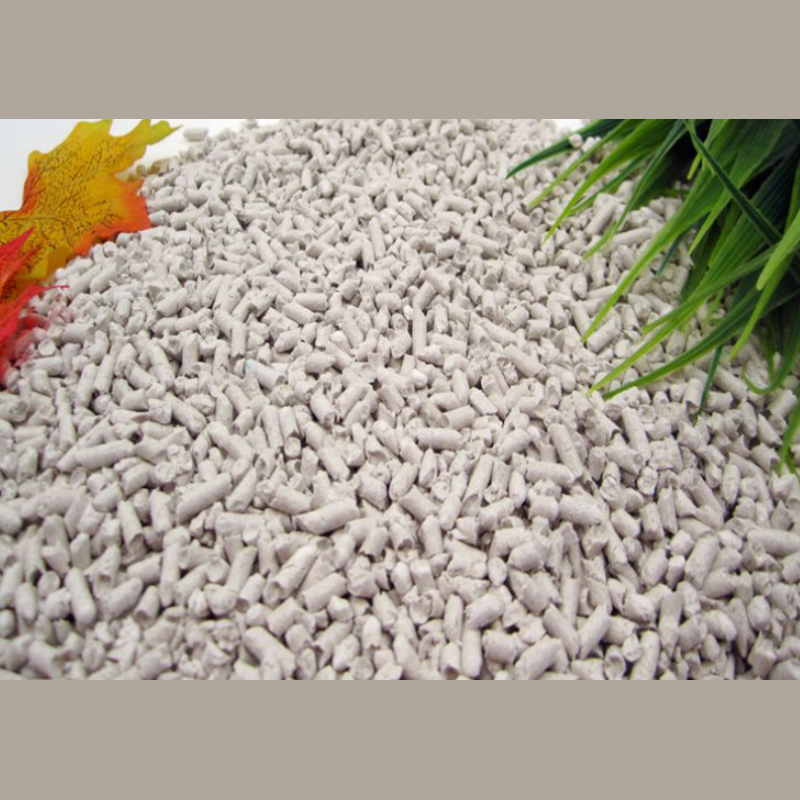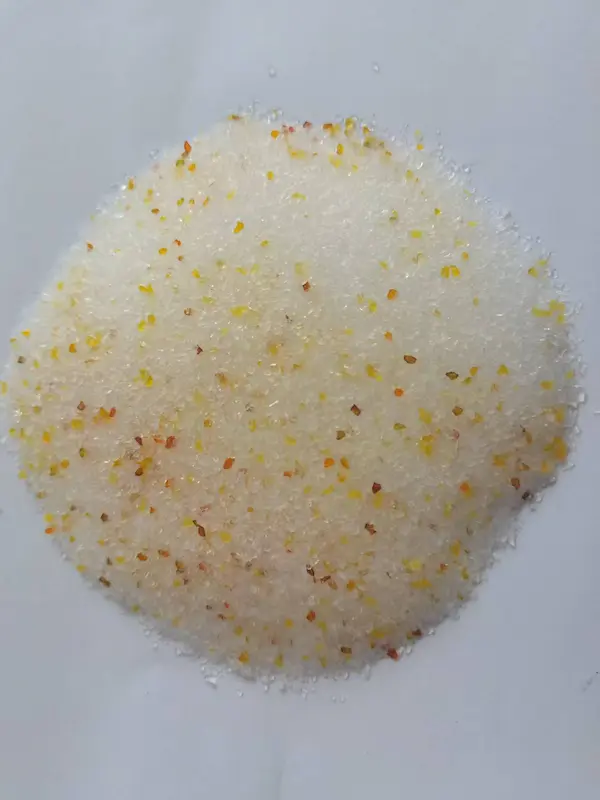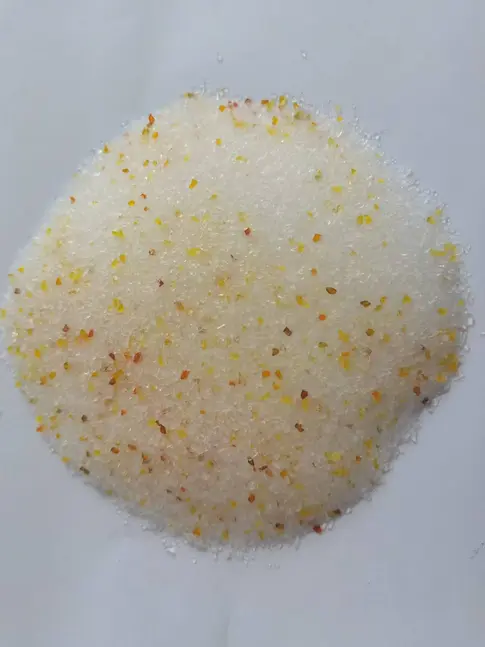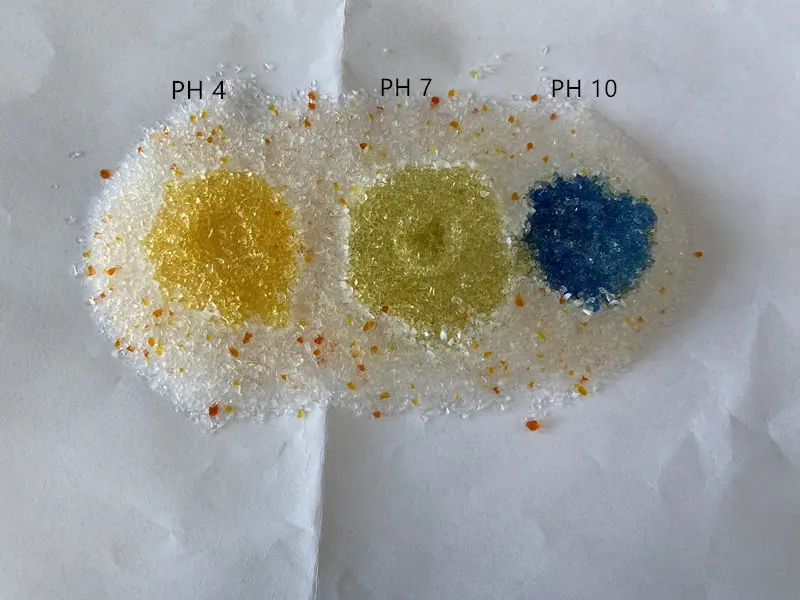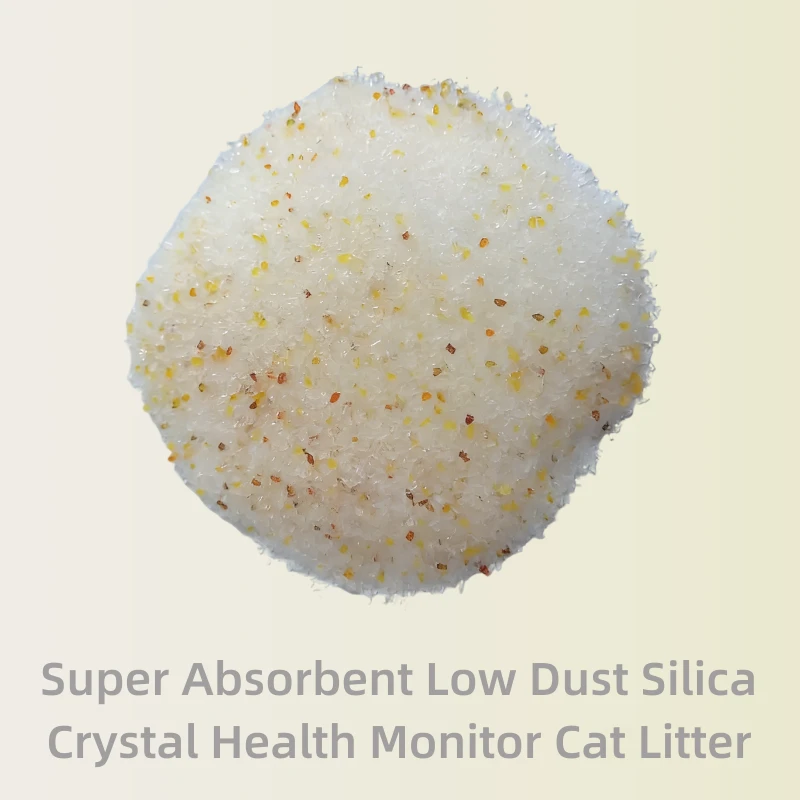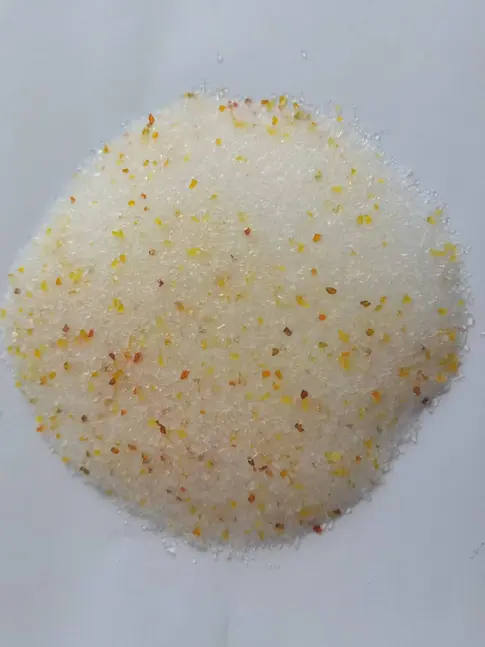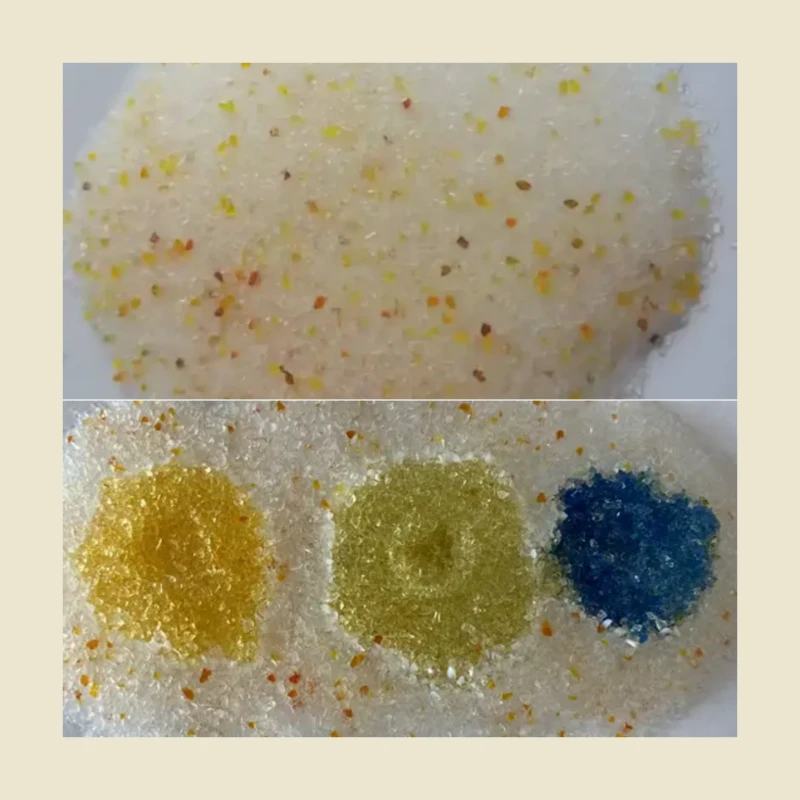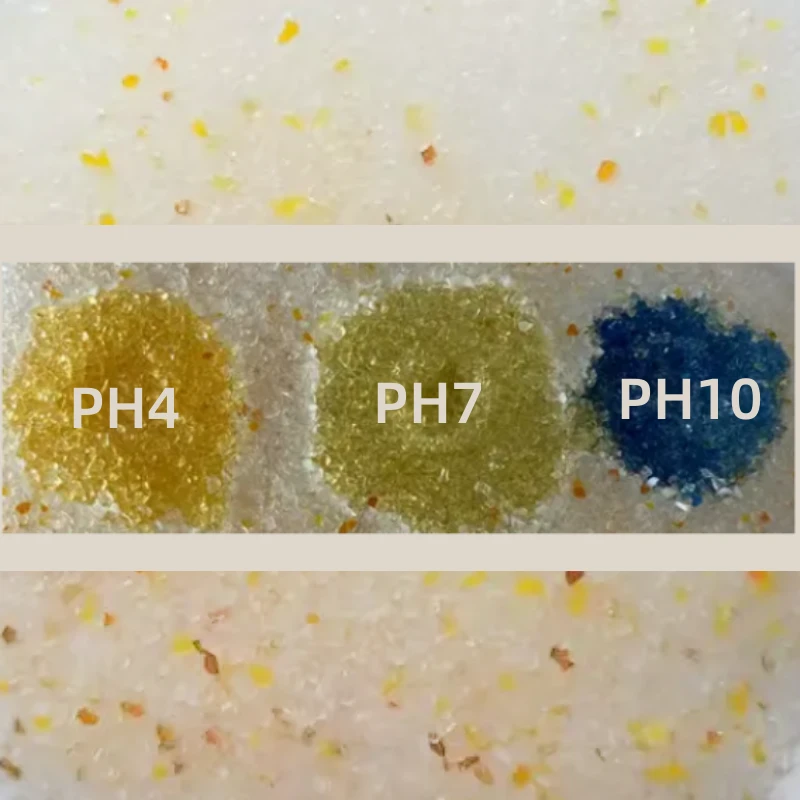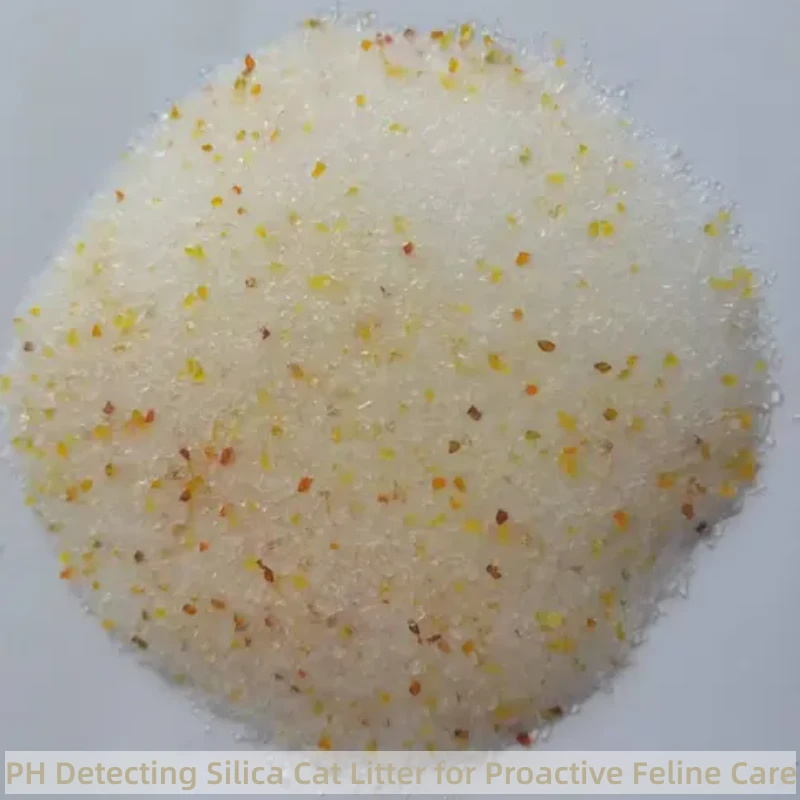Healthy Bird Recipes Food: Nutritious Options for Your Feathered Friends
Birds, like any pets, thrive on a balanced and nutritious diet that supports their health and longevity. Providing the right mix of nutrients ensures that they stay vibrant and active. In this article, we explore the essentials of bird nutrition, offer wholesome recipes you can prepare at home, and highlight Green Pet Care Co., Ltd.'s commitment to quality pet products.
Understanding Bird Nutrition
Birds, whether parrots, canaries, or finches, require a diet that mimics their natural food sources in the wild. A balanced diet typically includes proteins, fats, carbohydrates, vitamins, minerals, and adequate hydration. Each nutrient plays a vital role in their overall health, from feather quality to immune function.
Types of Bird Foods
Commercial Bird Foods: These include pellets, seeds, and formulated diets. Pellets are nutritionally balanced and ensure birds get all essential nutrients in each bite. Seeds are popular but should be given in moderation due to their high-fat content. Formulated diets offer a mix of pellets and seeds, ensuring a varied diet.
Fresh Foods: Fresh fruits, vegetables, and cooked grains are excellent additions to a bird's diet. They provide essential vitamins and minerals not found in processed foods. Birds often enjoy a variety of fruits like apples, berries, and citrus fruits, as well as vegetables such as leafy greens, carrots, and bell peppers.
Treats and Supplements: Treats like nuts, dried fruits, and mealworms can be offered sparingly as rewards or for added variety. Calcium supplements, especially for breeding birds or those on seed-based diets, help maintain bone health.
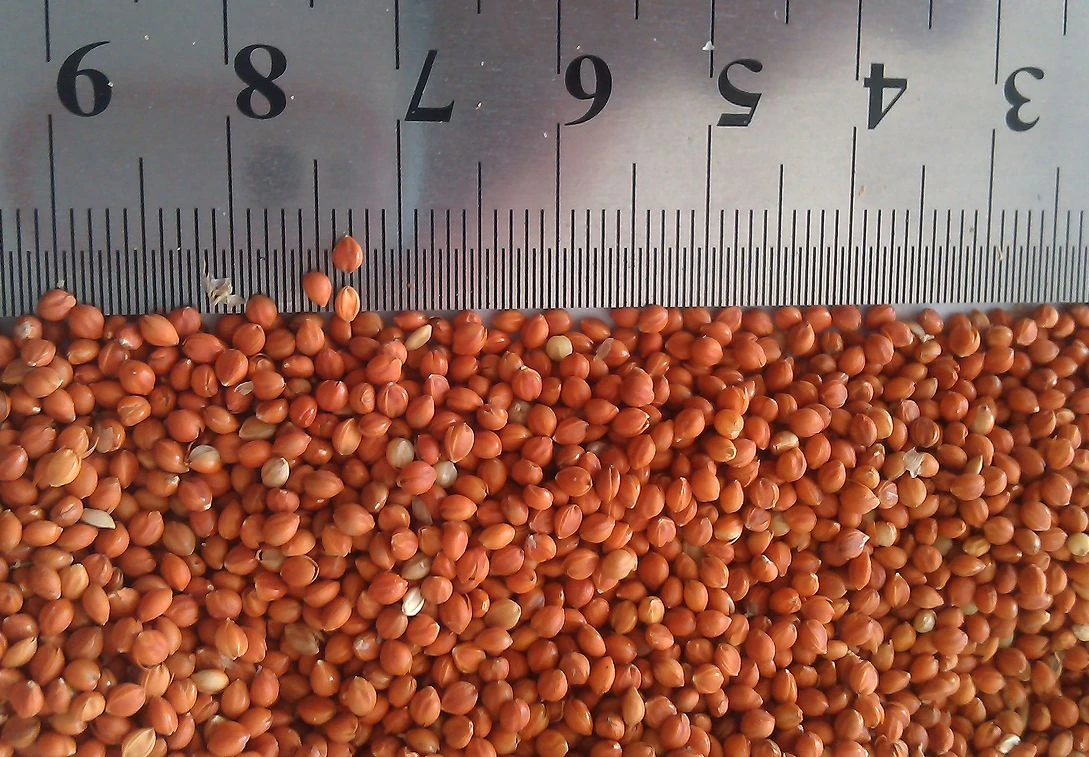
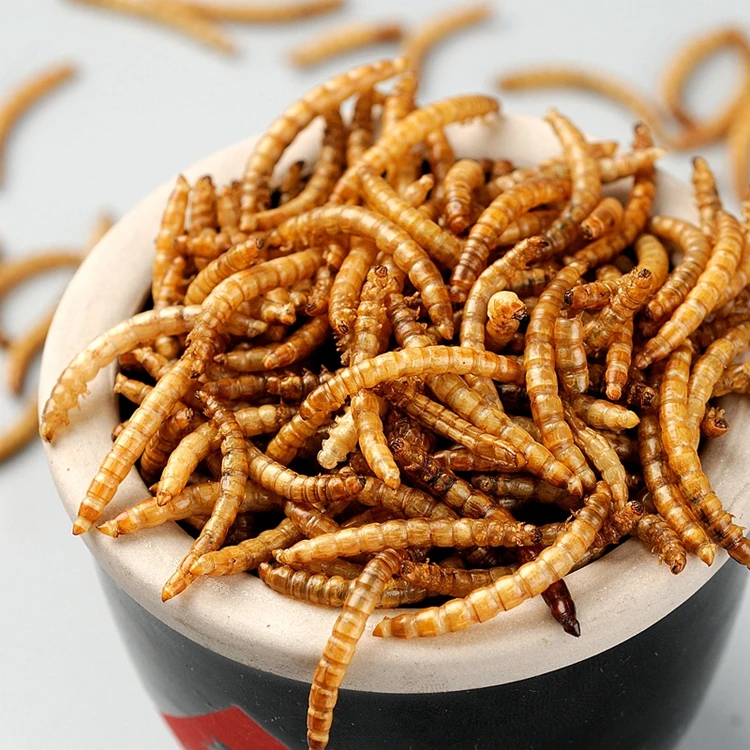
Healthy Bird Recipes
Recipe 1: Nutritious Seed Mix
Ingredients:
A variety of seeds (sunflower, safflower, millet)
Dried fruits (raisins, apricots)
Preparation:
Mix seeds and dried fruits in a bowl.
Offer a small amount daily as part of the bird's diet.
Benefits: Provides essential fats and antioxidants, encourages natural foraging behavior.
Recipe 2: Fresh Fruit Salad
Ingredients:
Assortment of bird-safe fruits (apples, grapes, berries)
Preparation:
Chop fruits into bite-sized pieces.
Mix and serve fresh.
Benefits: Supplies vitamins and natural sugars, supports immune function and feather health.
Recipe 3: Vegetable and Grain Mash
Ingredients:
Mixed vegetables (spinach, peas, carrots)
Cooked grains (quinoa, brown rice)
Preparation:
Steam or boil vegetables until tender.
Mix with cooked grains and serve warm.
Benefits: Provides fiber, vitamins, and minerals, aids digestion.
Recipe 4: Protein-Rich Treat Balls
Ingredients:
Nuts (almonds, walnuts)
Dried insects (mealworms, crickets)
Preparation:
Grind nuts and insects into a coarse powder.
Form into small balls and offer as occasional treats.
Benefits: Supports muscle development and energy levels, ideal for active birds.
Tips for Feeding Birds
Portion Control: Offer appropriate amounts to prevent overeating and obesity.
Hydration: Provide fresh water daily, especially when offering dry foods.
Introducing New Foods: Gradually introduce new foods to avoid digestive upset.
Ensuring Safe and Healthy Feeding
Toxic Foods: Avoid avocados, chocolate, caffeine, and alcohol, as they are toxic to birds.
Food Storage: Store foods in a cool, dry place to maintain freshness and nutrient content.
Monitoring Health: Watch for changes in appetite, droppings, and behavior that may indicate health issues.
Essential Nutrients in Bird Food
Birds require a balanced diet to maintain optimal health, similar to humans and other animals. Essential nutrients for birds include proteins, fats, carbohydrates, vitamins, minerals, and water. Each nutrient plays a critical role in various bodily functions, from energy metabolism to feather health and immune support.
Proteins: Vital for muscle development, feather formation, and overall growth. Sources include seeds, nuts, and insects. For instance, studies have shown that protein-rich diets in birds contribute to enhanced feather coloration and reproductive success (Source: Journal of Avian Biology).
Fats: Provide concentrated energy and aid in vitamin absorption. While seeds are a common source, offering a variety of healthy fats from nuts and avocados ensures birds receive essential fatty acids like omega-3 and omega-6, crucial for skin and feather health (Source: Avian Biology Research).
Carbohydrates: Serve as a primary energy source. Birds can derive carbohydrates from fruits, vegetables, and grains. For example, fruits like apples and berries provide natural sugars and dietary fiber, supporting digestive health and energy levels (Source: Journal of Ornithology).
Vitamins and Minerals: Essential for metabolic functions, immune support, and overall well-being. Fresh vegetables like spinach and carrots are rich in vitamins A, C, and K, while minerals such as calcium and phosphorus are crucial for bone strength and eggshell formation (Source: Avian Pathology).
Water: Often overlooked but critical for hydration and proper digestion. Birds should have access to fresh water daily, especially when consuming dry foods like seeds and pellets.
By offering a diverse diet that includes seeds, fresh fruits, vegetables, and occasional treats like nuts and insects, bird owners can ensure their pets receive all necessary nutrients for a healthy and balanced life.
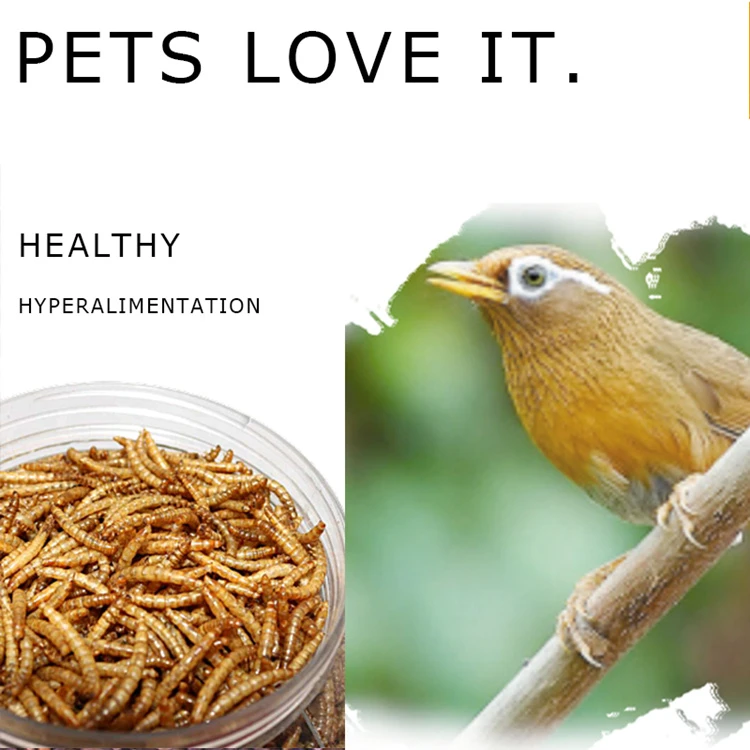
Adding New Foods to Your Bird's Diet and Signs of an Imbalanced Diet
Introducing new foods to your bird's diet requires patience and careful observation. Birds can be selective eaters, so gradual introduction is key to acceptance.
Step-by-Step Introduction: Start by offering small amounts of new foods alongside familiar favorites. For example, mix finely chopped vegetables into their regular seed mix or sprinkle fresh fruit pieces on top of their pellets. Gradually increase the proportion of new foods over several days to allow birds to adjust to the taste and texture.
Observing Dietary Balance: Signs of dietary deficiencies or imbalances include changes in behavior, feather condition, and droppings. For instance, a lack of essential fatty acids may lead to dull feathers and skin dryness, while vitamin deficiencies can cause lethargy and reduced immune function (Source: Avian Veterinary Research).
Consulting a Veterinarian: If you notice any unusual symptoms or if your bird consistently rejects new foods, consult an avian veterinarian. They can provide guidance on dietary adjustments and recommend supplements if necessary to address specific nutritional needs.
Case Study: In a study published by the Journal of Exotic Pet Medicine, introducing a varied diet enriched with fresh vegetables and fortified pellets significantly improved the health and longevity of captive parrots. Birds showed enhanced feather coloration, increased activity levels, and reduced incidence of metabolic disorders compared to those on seed-only diets.
By gradually introducing new foods and monitoring your bird's health closely, you can ensure they receive a balanced diet tailored to their nutritional requirements and preferences.
Ensuring Safe Feeding Practices
Certain foods that are safe for humans can be toxic to birds due to their unique metabolism and sensitivity to specific compounds.
Toxic Foods: Avocados contain persin, a toxin harmful to birds that can cause respiratory distress and heart failure. Chocolate and caffeine, found in coffee and tea, contain methylxanthines that can lead to hyperactivity, tremors, and even death in birds. Alcohol is also toxic and can cause similar symptoms as in humans, including liver damage (Source: Veterinary Clinics: Exotic Animal Practice).
Food Storage and Preparation: Store bird food in airtight containers in a cool, dry place to maintain freshness and prevent mold growth, which can be toxic to birds. Wash fruits and vegetables thoroughly to remove pesticides and bacteria before offering them to your bird.
Case Study: A documented case published in the Journal of Avian Medicine and Surgery highlighted the importance of safe feeding practices. Several pet birds developed severe gastrointestinal distress after consuming spoiled peanuts. Prompt veterinary intervention and supportive care were necessary to treat symptoms of poisoning and prevent further complications.
Safe Alternatives: Opt for bird-safe treats like dried fruits (without sulfites), unsalted nuts, and commercially formulated bird treats designed to meet their nutritional needs. These alternatives ensure birds enjoy varied diets without compromising their health.
By familiarizing yourself with toxic foods and adopting safe feeding practices, you can provide a safe and enriching diet for your feathered companions, promoting their health and well-being.
Solving The Problem of Picky Eating in Birds
Encouraging birds to eat a balanced diet can be challenging, especially if they have developed preferences for certain foods. However, with patience and strategic approaches, you can promote healthy eating habits in your feathered friend.
Variety and Presentation: Offer a variety of foods in different forms (chopped, sliced, whole) to stimulate interest. For example, rotate between fresh fruits, vegetables, seeds, pellets, and occasional treats like nuts or dried insects. Presentation also matters; using colorful food dishes or foraging toys can make mealtime more engaging for birds.
Positive Reinforcement: Use positive reinforcement techniques by offering praise or a small treat when your bird tries new foods or eats a balanced meal. This encourages them to associate trying new foods with a rewarding experience.
Gradual Transition: If your bird is accustomed to a particular diet, introduce new foods gradually. Mix small amounts of new foods with their regular diet and increase the proportion over time. Studies have shown that gradual dietary transitions are more likely to be accepted by birds compared to sudden changes (Source: Journal of Applied Animal Nutrition).
Case Example: In a study conducted by Avian Biology Research, parrots exposed to a variety of foods during early development showed greater acceptance of new foods later in life. This suggests that early exposure to diverse foods can influence dietary preferences and adaptability in birds.
By incorporating variety, positive reinforcement, and gradual transitions into your bird's feeding routine, you can encourage them to eat a balanced diet that meets their nutritional needs and promotes overall health.
The Role of Supplements
Supplements can complement a bird's diet by providing additional nutrients that may be lacking or insufficient in their regular food intake. However, their use should be guided by specific nutritional needs and under veterinary supervision to avoid over-supplementation.
Types of Supplements: Common supplements for birds include vitamins (e.g., vitamin D3, vitamin B complex), minerals (e.g., calcium, phosphorus), and probiotics. These supplements can address specific deficiencies or support overall health, particularly during periods of growth, breeding, or recovery from illness.
Nutritional Deficiencies: Birds on seed-based diets may require supplements to balance their nutritional intake, as seeds alone may not provide all essential nutrients. For example, calcium supplements are crucial for egg-laying females to prevent calcium depletion and egg-binding (Source: Journal of Avian Medicine and Surgery).
Veterinary Guidance: Consult an avian veterinarian to determine if your bird requires supplements and the appropriate dosage. Excessive supplementation can lead to toxicity and health complications, underscoring the importance of tailored nutritional advice based on your bird's species, age, and health status.
Case Study: A case published in the Journal of Exotic Pet Medicine described a cockatiel diagnosed with vitamin A deficiency due to an inadequate diet. Supplemental vitamin A, administered under veterinary guidance, resolved symptoms of lethargy and feather abnormalities, highlighting the targeted use of supplements in avian medicine.
By understanding the role of supplements, monitoring your bird's diet, and seeking professional advice when needed, you can enhance their nutritional intake and support their overall well-being effectively.
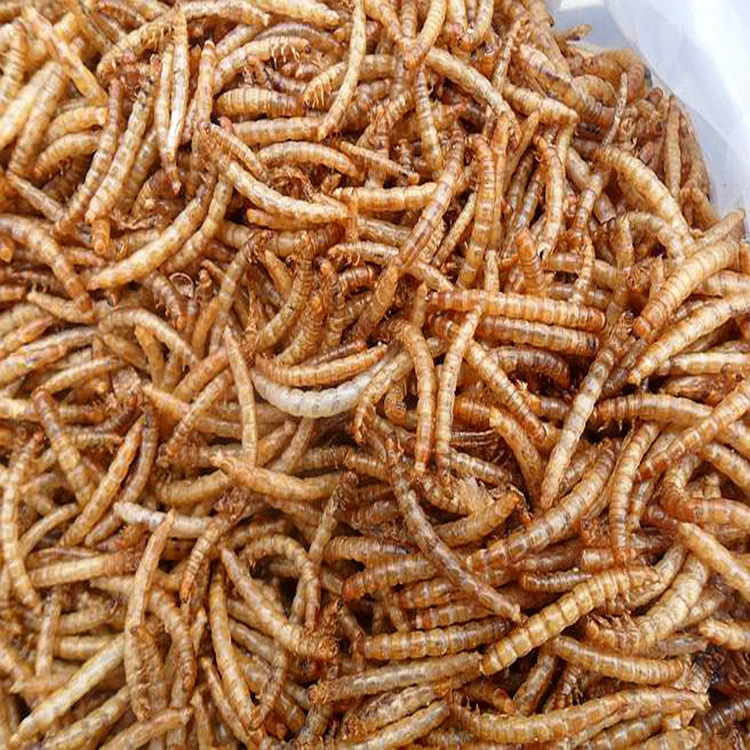
Ways to Replenish Water
Water is essential for birds' physiological functions, including digestion, temperature regulation, and waste elimination. Hydration plays a crucial role in maintaining overall health and preventing dehydration-related complications.
Hydration Needs: Birds have a higher metabolic rate and respiratory rate compared to mammals, making them more susceptible to dehydration. Provide fresh, clean water in a shallow dish or water bottle daily. Monitor water consumption to ensure your bird stays hydrated, especially during warmer months or when consuming dry foods like seeds and pellets.
Water Quality: Ensure water quality by changing it daily and cleaning the water dish or bottle regularly to prevent bacterial growth. Use filtered or purified water, especially in areas with chlorinated or fluoridated tap water, to minimize potential health risks.
Behavioral Cues: Birds may display behavioral cues indicating dehydration, such as increased thirst, lethargy, and reduced preening activity. Promptly address these signs by offering fresh water and consulting a veterinarian if symptoms persist.
Case Example: A study published in Avian Biology Research highlighted the impact of hydration on egg production in domestic hens. Adequate water intake was found to support reproductive health and egg quality, underscoring the importance of hydration management in avian husbandry.
By prioritizing hydration through proper water provision and monitoring, you can safeguard your bird's health and ensure they thrive in their environment.
Conclusion
Feeding your pet bird a nutritious diet is key to their well-being and happiness. By incorporating fresh foods, balanced commercial diets, and occasional treats, you can ensure they receive all essential nutrients. Explore different recipes and find what your bird enjoys most!
Green Pet Care Co., Ltd.
Green Pet Care Co., Ltd. is a trusted name in the pet product industry, specializing in research, processing, and export since 2014. With a focus on quality and affordability, we offer a range of pet products including cat litter, puppy pads, pet toys, pet food, and pet feeders. Our products are exported globally, with a strong presence in European, American, and Southeast Asian markets.
Our Commitment to Quality: We understand the importance of pets' health and well-being. Our cat litters, including traditional bentonite, silica, pine, Duofu, and corn varieties, ensure odor control and comfort for your feline companions. We also provide stylish and functional pet food bowls and toilets, catering to both aesthetics and practicality.
Environmental Responsibility: In response to environmental and humane cleaning needs, we developed Duofu and corn cat litters. These products have quickly gained popularity for their eco-friendliness and effective odor control, with monthly sales reaching 500 tons globally.
Explore Our Products: Visit our website to explore our full range of pet products and find the perfect solutions for your pets. Join thousands of satisfied customers who trust Green Pet Care Co., Ltd. for quality, affordability, and environmental responsibility.
If you want to know more, please feel free to contact us.
